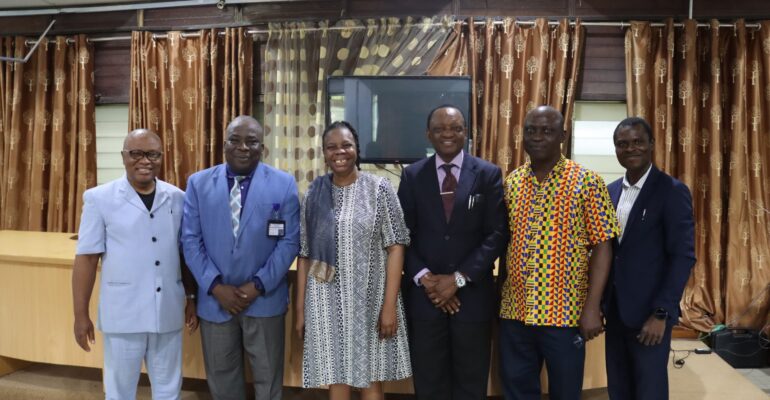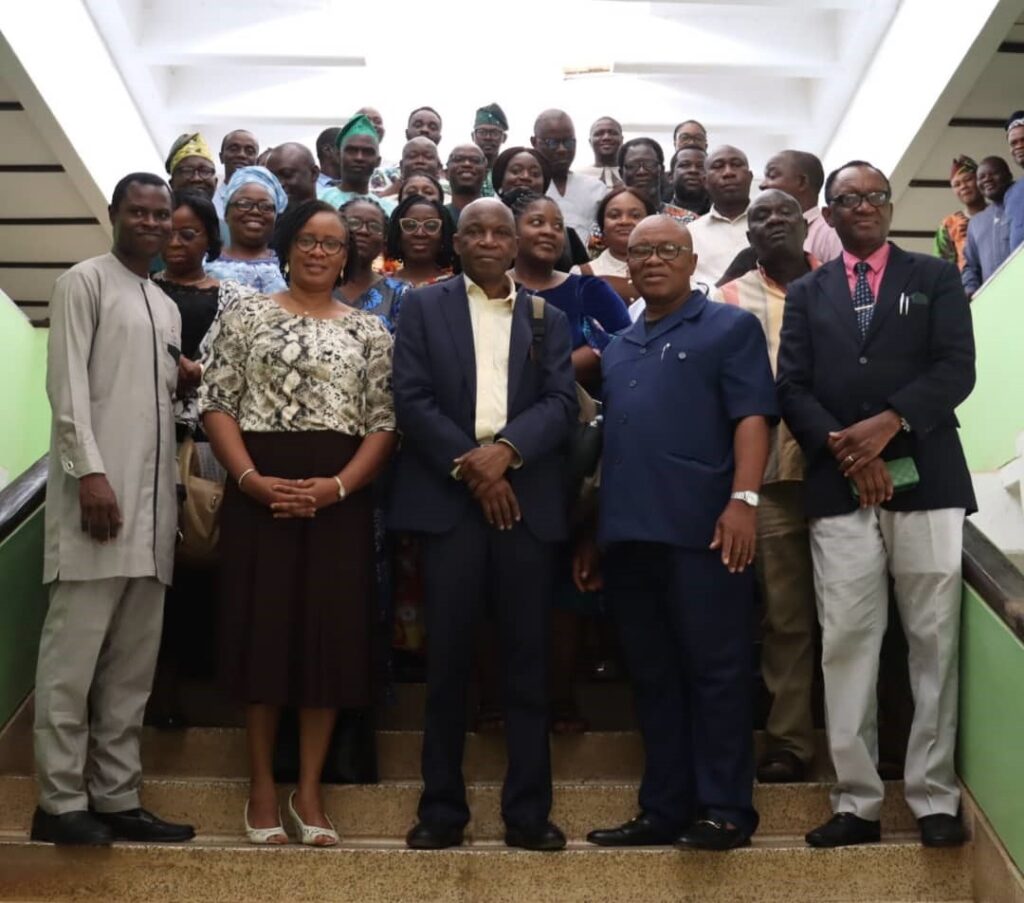Obafemi Awolowo University Gearing Up to Institute Systems and Structure to Prevent and Address Research Misconduct
June 27, 2024 2024-06-27 19:30Obafemi Awolowo University Gearing Up to Institute Systems and Structure to Prevent and Address Research Misconduct

Obafemi Awolowo University Gearing Up to Institute Systems and Structure to Prevent and Address Research Misconduct
Obafemi Awolowo University (OAU), a prestigious institution known for its commitment to academic excellence and groundbreaking research, is taking significant steps to bolster its research integrity framework. In an era where research misconduct can tarnish the credibility of scientific endeavors, OAU is dedicated to creating robust systems and structures to prevent and address such issues effectively.

Research integrity is the cornerstone of credible and impactful scientific work. It encompasses honesty, accuracy, efficiency, and objectivity in conducting and reporting research. Violations of research integrity, such as data fabrication, falsification, plagiarism, and unethical treatment of human or animal subjects, can lead to erroneous conclusions, wasted resources, and a loss of public trust in scientific findings. Recognizing these challenges, OAU is proactively enhancing its policies and procedures to ensure that all research conducted under its auspices adheres to the highest ethical standards. The Research Integrity Officer, who is the Executive Director of the Central Office of Research, may initiate an inquiry or establish an ad hoc committee to investigate the matters on complaints bordering on research integrity received. Allegations of misconduct should first reported to the individual’s Head of Department. If deemed serious, the Head of Department escalates the matter to the Dean. If not serious, the Head provides reasons to the Dean for not pursuing the allegations. Serious allegations must be reported to the Executive Director of the Central Office of Research within 48 hours, including a written report from the Head of Department. The Central Ethics Committee would conduct a preliminary inquiry to assess the credibility of the allegations. 5. A report is prepared within 60 days, maintaining confidentiality of the accused. Formal investigation begins within 30 days of the inquiry’s conclusion if allegations are credible. Accused individuals are informed and given a chance to respond. The investigation should aim to complete within 60 days, protecting the whistle-blower’s identity. At the end of the investigation, corrective Actions shall be Implemented to address confirmed misconduct, which may include training or supervision. Penalties range from formal reprimand to termination, depending on the severity of the misconduct. Misconduct involving data falsification and fabrication is reported to funding agencies and professional organizations, with thorough documentation of all stages. This process ensures rigorous handling of misconduct to uphold research
The university Guidelines on Responsible Conduct of Research clearly define what constitutes misconduct and the procedures for reporting and investigating allegations. This transparency will help create an environment where researchers feel safe and supported in coming forward with concerns. The policy document shall be circulated once approved by the University Governing Council.
As part of the process towards improving the University’s proactive response, a training of all heads of Departmental Research Committee was conducted on the 20th and 21st of June 2024. The training was organised by the University Research Office in collaboration with the Center for Bioethics and Research of the University of Ibadan. The Faculty of Social Science provided support for the conduct of the training.




